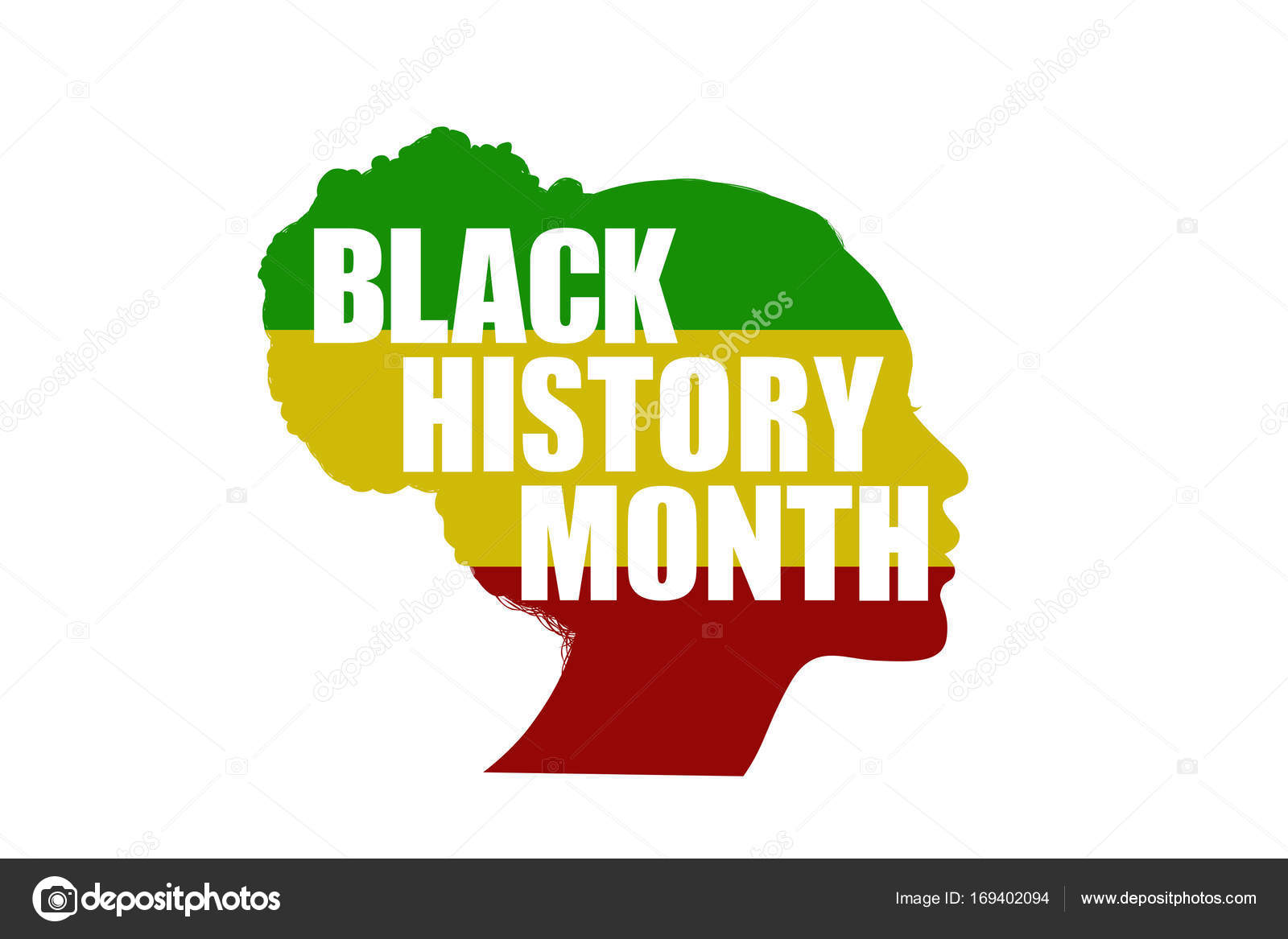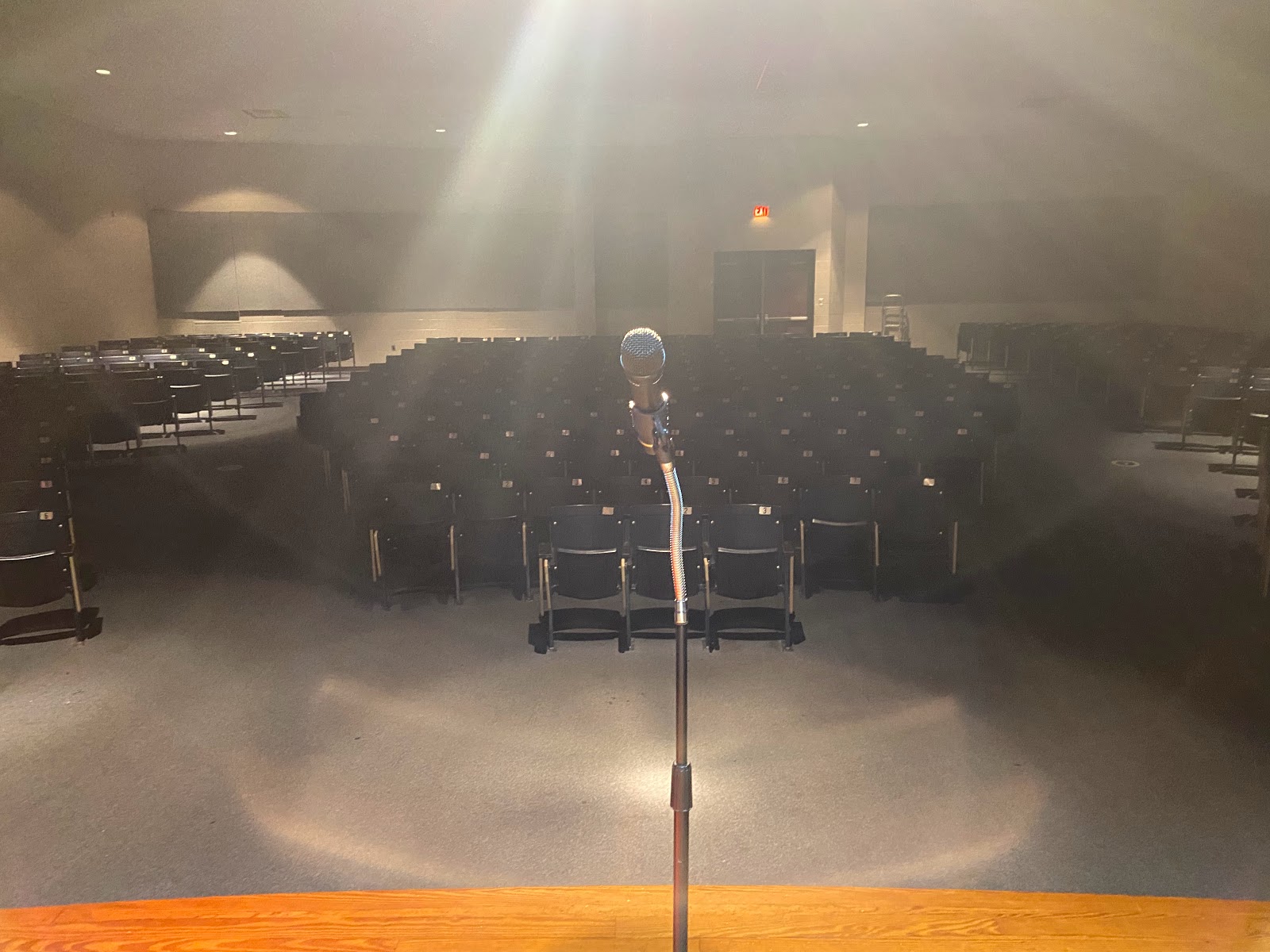 |
| source |
February is an interesting month for black performers. I always joke that even organizations that didn't know they needed any performer ever - suddenly need a black one.
What it means is that I don't tend to work in my regular venues. Organizations that fund programming for underserved rural schools or schools with majority-minority populations that rarely have funding for anything extracurricular get angel money to have a program.
So, I often rock up to a school that has no culture of encountering a live performer, and they are now going to have some storytelling.
Sometimes these performances are spectacular as you share with a group of people who have never seen a live performer this close or at their school and they fall in love with the possibilities. I have been in many situations like this where I walk away and the school is not only trying t figure out how to get me back, but they are ready to find ways to bring other cultural arts experiences to their kids.
Sometimes I end up in a strange encounter where the audience refuses to engage with me. There are so many factors that affect my ability to reach an audience. I typically walk away from these experiences reviewing the choices I made and considering how to make more successful choices in the future.
Every encounter is a learning experience for everyone.
I was in a Prek - 1 set with a group of live performance newbies, and I was doing a piece called Silly Annabelle. At some point, Annabelle - who everyone calls "Silly Annabelle" because nobody appreciates her differences - has to put magic dragon shrinking powder on a dragon's nose. She gets out there to where the dragon lives and he is huge and scary. She hides behind a tree.
She asks herself out loud for the benefit of the listeners, "What am I doing here? I am so small, and he is so big! What was I thinking? if the grown-ups couldn't figure this out, what can I do? Everyone was right. I'm too small."
When I got to that point in the story, a little PreK boy sitting in the front shouted, "YOU GOT THIS, ANNABELLE!"
In all of my years telling this story, I have watched kids respond in lots of different ways. Sometimes they cheer when Annabelle finds a solution. Sometimes they laugh as Annabelle sprinkles the powder on the dragon's nose. Sometimes they look scared as she approaches the dragon.
That was the first time any kid yelled out emotional support for Annabelle when she was struggling with whether or not to keep going.
I love that kid. He gave me the strength to keep going! Even now as I sit down to write this I am grinning.
One of the keys to working with novice audiences is learning what works best for their school. Since it is the first time for everyone, sometimes it takes a bit to work out the kinks.
Sometimes the teachers have told their students that they must not make any noise upon pain of death before they come to the assembly. Sometimes teachers tell them nothing and just decide they are no longer on the clock the second they get into the assembly. They spend the time chatting and not doing discipline or anything else. The kids know they are "free" and some groups act accordingly and just take over the space with no consequences.
Here are some tips for working with novice audiences in a school setting:
1. Asking Questions of the Audience to engage them. Establishing some kind of relationship with the audience before you begin. Find out about them before you begin telling them stories.
2. Check in with the audience over the course of the story by raising hands or getting suggestions.
3. Encourage the educators in the room to participate as well. (If the educators are talking and having a grand old time during the performance and they are not participating or paying any attention to you or the kids...well, there isn't much you can do about this. Just know someone is listening!)
4. Make sure you model the behavior you want to see from the kids. Listen attentively when they ask questions.
5. Know that you are both in a learning situation, and do what you can to make sure everyone has as successful an experience as you can manage.
Over the years I have had many of these situations. Sometimes I walk away frustrated but determined as I learn something new. Sometimes I walk away triumphant after having learned something new.
Sometimes the answer to a tricky situation is as simple as changing the location of the performance.
This entire week I was in schools that have either never had assemblies, or it has been many years since they tried one.
Most of them were successful, but I had one audience I just couldn't reach. They were a small number sitting on the floor in a huge, echoing gym. It was a bad fit.
I returned to the school today, Friday, for two more small audiences. I persuaded the staff to let me tell to them in the library.
It was a much better fit, and we had great sets.
Good luck out there with the novice audience!
And remember, as I was told by that supportive 5-year-old, "You Got This!"



Well said. Appreciated. Memorable and useful. Thanks.
ReplyDeleteI will echo the really useful comment, especially the part about getting to know the audience.
ReplyDeleteI LOVE that kid too! "you got this Annabelle!" and thank you for the encouragement to change rooms. I had a bit of a go-round with that last week, and really wished I had expressed myself a bit stronger instead of caving to the echoing MPR with a small group.
ReplyDelete